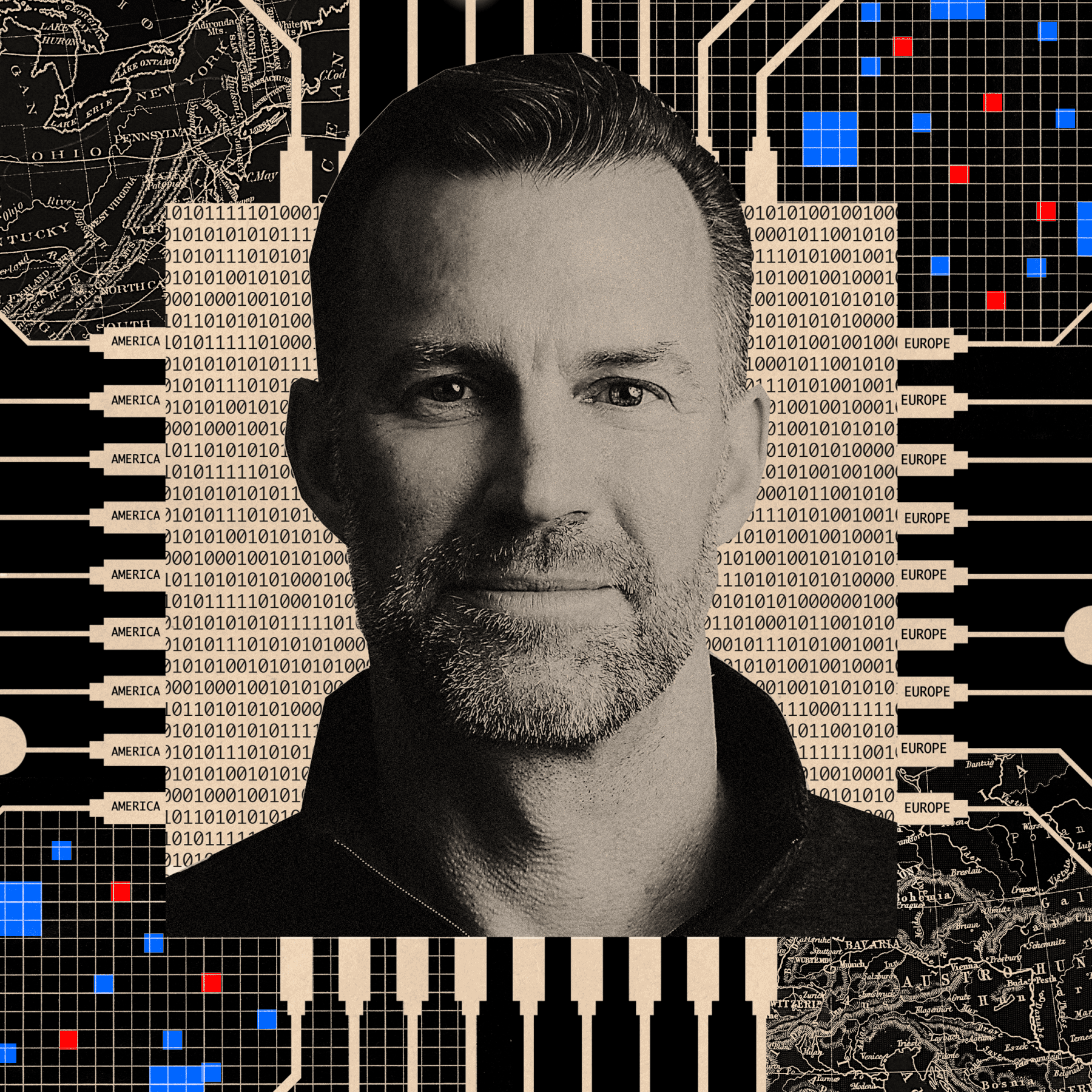Readers’ Picks
Why an American Acquired a Saudi Football Club
In conversation with Brunswick’s Adam Jibali, investor Ben Harburg discusses his acquisition of Saudi Arabia’s Al Kholood FC, the strategy behind starting from the bottom, and what Saudi football looks like through a private capital lens.
Engine of Progress
Jens Wiese, the Co-Founder and Managing Partner of transatlantic venture capital firm Leitmotif, talks to us about bringing AI to industry and the ties that bind Europe and the US. By Felix Morlock and Hannah Rückel
Brunswick’s 2026 US Investor Survey
Respondents share how companies can boost investor confidence and trust even as AI remakes the investment research process.


